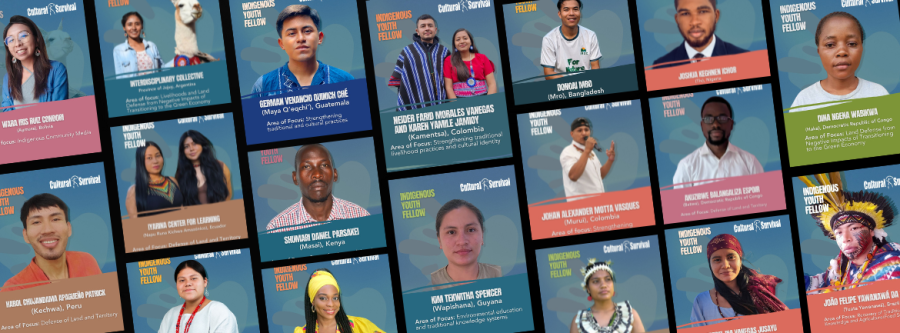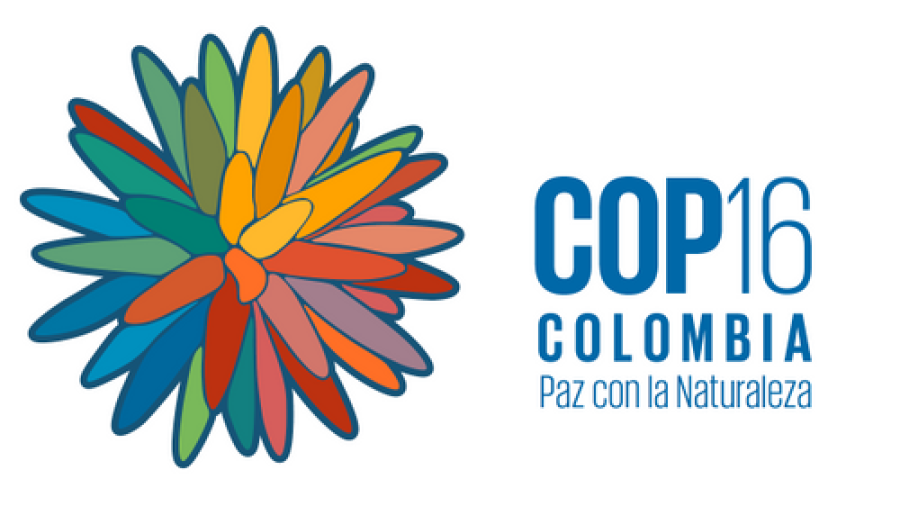
February 13 is the annual celebration of World Radio Day as proclaimed by the United Nations Educational, Scientific and Cultural Organization (UNESCO).
On the first celebration of World Radio Day in 2012, former UN Special Rapporteur on the Rights of Indigenous Peoples James Anaya emphasized the importance of community radio for the world's Indigenous Peoples: "Radio has been a fundamental means for Indigenous Peoples to maintain their languages and to exercise and defend their rights. As recognized by the United Nations Declaration on the Rights of Indigenous Peoples, Article 16, 1. Indigenous peoples have the right to establish their own media in their own languages and access to all other non-Indigenous media without discrimination. 2. States shall take effective measures to ensure that the media duly reflect indigenous cultural diversity. States, without prejudice to ensuring full freedom of expression, should encourage privately owned media to adequately reflect indigenous cultural diversity."
On World Radio Day 2020, UNESCO calls on radio stations to uphold diversity, both in their newsroom and on the airwaves.
This edition of World Radio Day is divided into three main sub-themes:
- Advocating for pluralism in radio, including a mix of public, private and community broadcasters;
- Encouraging representation in the newsroom, with teams comprised of diverse society groups;
- Promoting a diversity of editorial content and program types reflecting the variety of the audiences.
Cultural Survival is working hard to make Article 16 a reality for Indigenous communities.
In 2019, we funded 35 community radio projects in nine countries, totaling over $210,000, through our Community Media Grants Project and by supporting multi-radio initiatives. These grants provided opportunities for Indigenous radio stations to strengthen their broadcast infrastructure, and offer training in journalism, broadcasting, audio editing, and technical skills to community radio journalists around the world. Initiatives also rewrite the history and the self-image of Indigenous Peoples by Indigenous Peoples and support new narratives of local issues, struggles and solutions.
The Indigenous Community Media Youth Fellowship is supporting 11 youth from Nepal, Colombia, Peru, Chile, Mexico and Ecuador in building capacity in media, journalism, radio production, advocacy skills, technical abilities, and regional networking. Also in 2019, over 80 Indigenous women from throughout the Americas took part in trainings in radio production and radio journalism organized by Cultural Survival.
Our Indigenous Rights Radio producers released over 160 programs on Indigenous rights to over 1,000 stations in 69 countries this past year.
In many parts of the world, despite the the risk of police raids, jail time, threats and even death for community journalists, community radio stations serve a vital function by distributing information about important news and educational programming like emergency disaster relief, voter registration, and public health campaigns. The power of radio reaches even the most rural areas, providing Indigenous communities with access to programming in their own languages and serves as a voice that promotes their cultures, traditions, and belief systems.
Radio is a powerful medium for celebrating humanity in all its diversity. For Indigenous Peoples in many countries, radio is the most accessible platform to have their say in the languages that they speak and understand. Radio therefore is a fundamental means of communication for Indigenous Peoples to maintain their languages and to exercise and defend their rights.
World Radio Day 2020: What Does Radio Mean To Africa?
Radio continues to be the medium of choice for rural and marginalized communities. Community radios are by the people, for the people and owned by the people.
Backpack Radio For Emergencies
In this radio program, Cultural Survival covers the Japanese tool for emergency radio broadcasting, a prototype 'Backpack' radio system. This low cost radio system costs less than 500 US dollars. It may not be the best tool for regular broadcasting, but it certainly does the job during emergency situations.
On Thursday, February 13, 2020, Hindenburg celebrates World Radio Day 2020 (WRD2020) by offering radio and podcast producers discounts on their radio software products. Hindenburg will donate 10% of the proceeds from all World Radio Day 2020 license sales to Cultural Survival. Learn more.

Through Cultural Survival's Indigenous Rights Radio program, our Indigenous radio producers bring you the latest information on Indigenous Peoples' rights and how they are being implemented around the world.
Browse our full program library, featuring radio content in over 30 languages, at rights.culturalsurvival.org If you are an Indigenous community radio share your programs with us and many other radios around the world. Write to us as consent@cs.org for more information.
Remember, our radio content is always free for you to download, broadcast, modify, and distribute!







